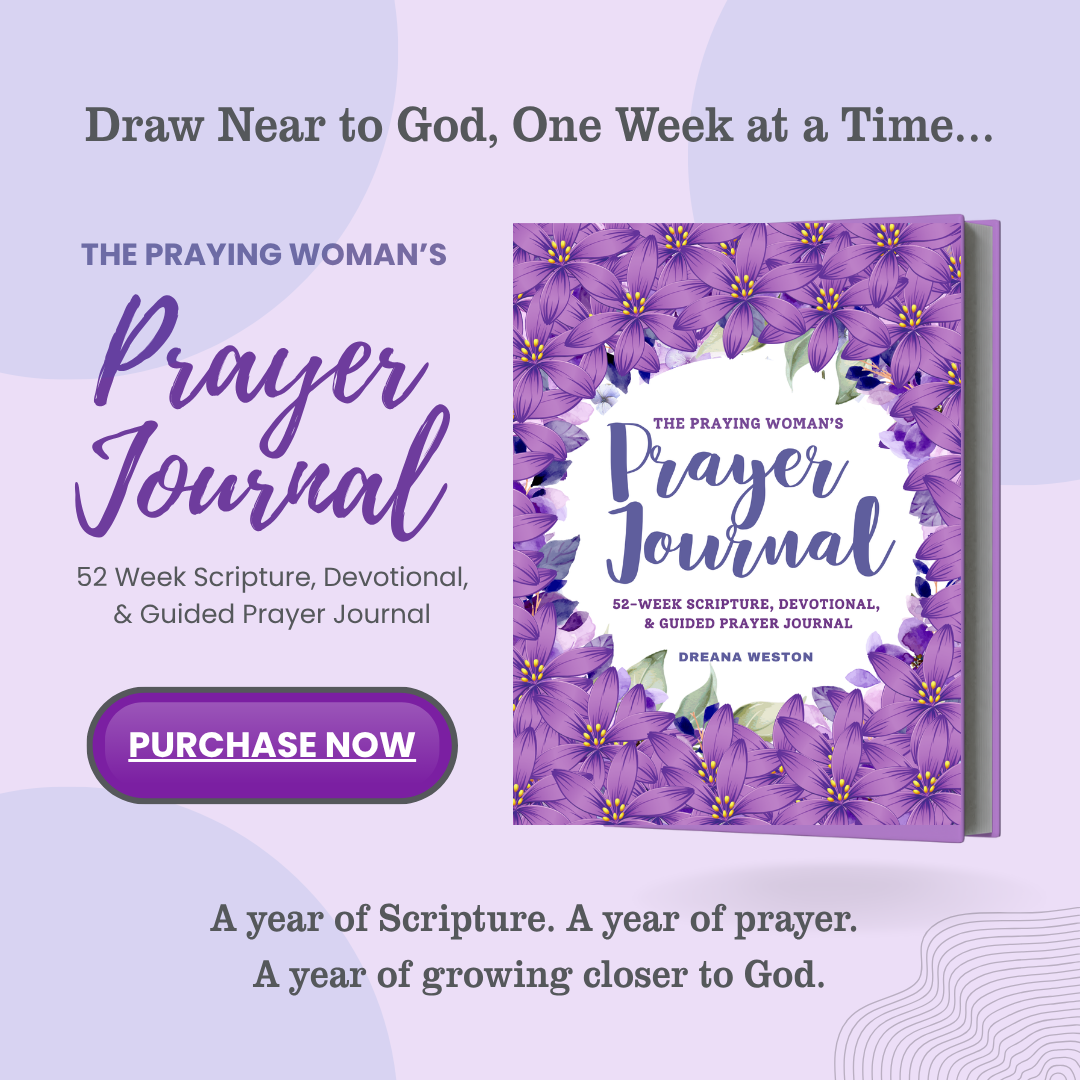October is National Domestic Violence Awareness Month, recognized as a national effort to promote awareness and prevention of domestic violence. Too many women have suffered and continue to suffer in silence at the hands of their domestic partner without knowing and/or understanding their legal rights to protect themselves. There are numerous steps a person and/or family may take from a legal perspective to ensure their family’s safety.
Womenslaw.org provides detailed information and advice on how to deal with an abusive situation from developing a “ready to leave plan” to filing a restraining order and getting police reports.
We will highlight specific information each week of October based upon your rights, starting today with an exit plan.
Getting Ready To Leave:
1. Make a plan for how you are going to leave, including where you’re going to go, and how to cover your tracks.
2. Make one plan for if you have time to prepare to leave the home.
3. Make another plan for if you have to leave the home in a hurry. If you can, keep any evidence of the physical abuse and take it with you when you leave.
4. Make sure to keep this evidence in a safe place that the abuser will not find – this may mean that you have to keep it in a locked drawer at work or with a trusted family member. If the abuser finds it, you could be in more danger. Such evidence of physical abuse might include:
- Pictures you have of bruises or other injuries. If possible, try to have these pictures dated;
- Torn or bloody clothing;
- Household objects that the abuser damaged or broke during a violent episode;
- Pictures that show your home destroyed or messed up after violence happened;
- Any records you have from doctors or the police that document the abuse;
- Whenever you are hurt, go to a doctor or to an emergency room as soon as possible if you can. Tell them what happened. Ask them to make a record of your visit and of what happened to you. Be sure to get a copy of the record;
- A journal that you may have kept with details about the abuse, which could help prove the abuse in court.
- Anything else you think could help show that you’ve been abused.
Click here to read more
Please visit www.womenslaw.org for additional information.







